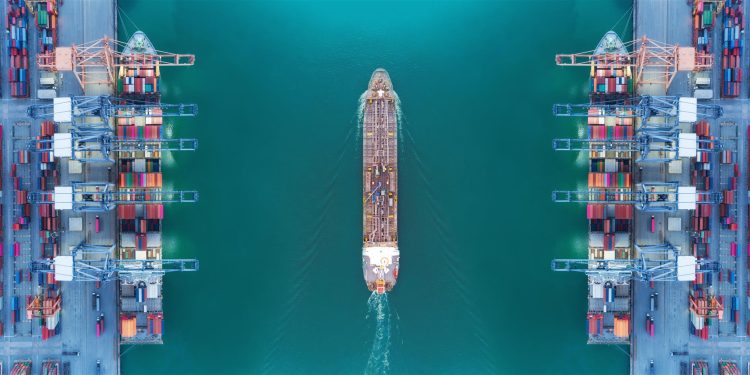On 31 October 2022, the IMO updated its “List of National Operational Contact Points Responsible for the Receipt, Transmission and Processing of Urgent Reports on Incidents Involving Harmful Substances, Including Oil from Ships to Coastal States”.
The online version of the list is updated on a quarterly basis and includes a summary indicating which country has submitted changes to its information since the previous update.
Operators are reminded to ensure that SOPEPs or SMPEPs on board Members’ vessels are duly updated with the current list.
On receipt of this latest version and in order to maintain an accurate list, it is necessary that Member States check their respective information to ensure that it is correct.
Effective 29 February 2008, Member States are requested to directly update their respective information in the Global Integrated Shipping Information Systems (GISIS) using the reporting facilities of the Contact Points module.
Resolution MEPC.54(32), as amended by resolution MEPC.86(44), on the SOPEP Guidelines and resolution MEPC.85(44), as amended by resolution MEPC.137(53), on the Guidelines for the development of Shipboard Marine Pollution Emergency Plans for Oil and/or Noxious Liquid Substances adopted by IMO, require that these shipboard pollution emergency plans should include, as an appendix, the list of agencies or officials of administrations responsible for receiving and processing reports.
Such list is developed and updated by the Organization in compliance with article 8 (Reports on incidents involving harmful substances) and protocol I (Provisions concerning Reports on Incidents Involving Harmful Substances) of the MARPOL Convention.
Under article 8 of the MARPOL Convention, each Party to the Convention shall notify the Organization with complete details of authorities responsible for receiving and processing reports on incidents for circulation to other Parties and Member States of the Organization.
Attention is also drawn to both Guidelines which stipulate that “in the absence of a listed focal point, or should any undue delay be experienced in contacting the responsible authority by direct means, the master should be advised to contact the nearest coastal radio station, designated ship movement reporting station or rescue coordination centre (RCC) by the quickest available means”.
































































